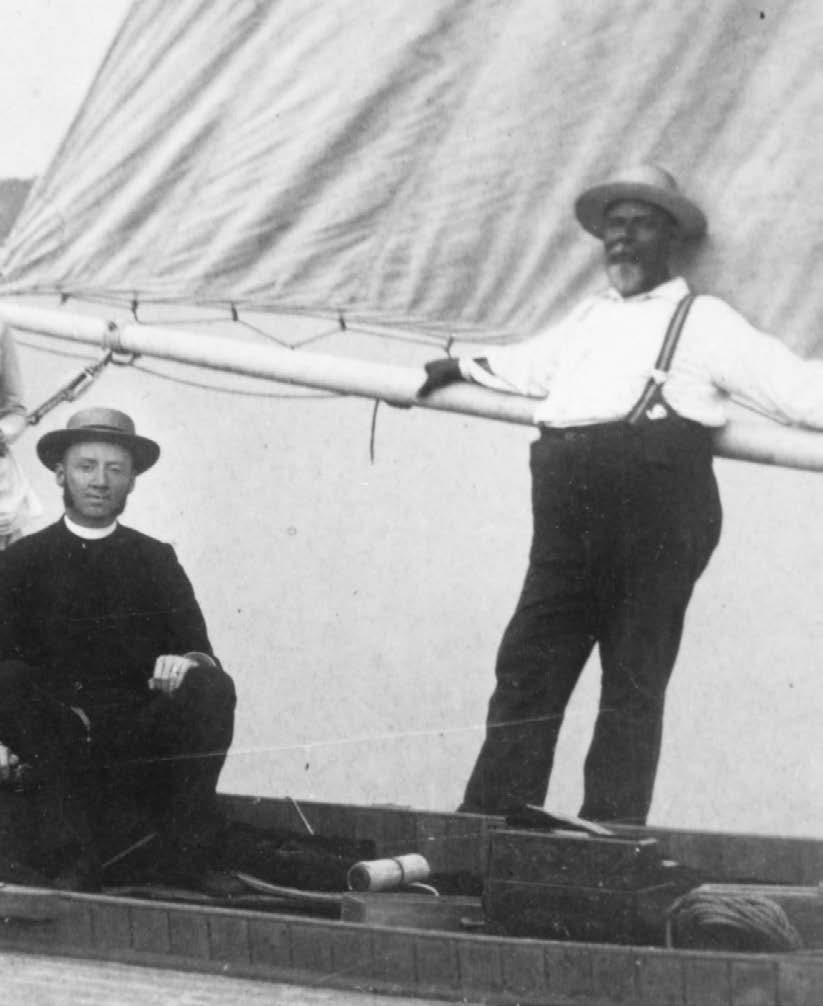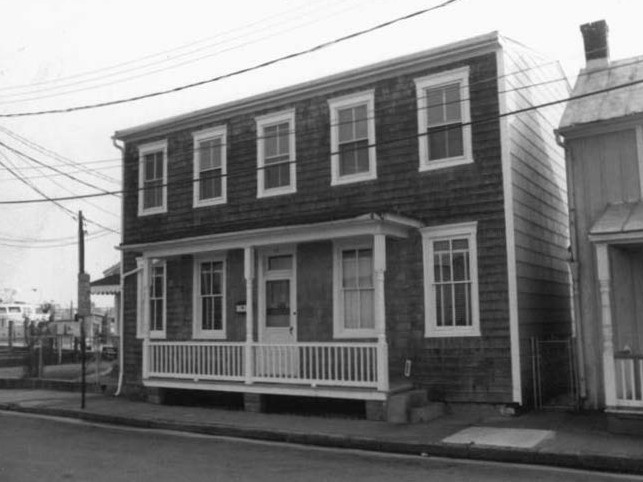Work has begun on the Historic Property Redevelopment project, the Historic Burtis House in Annapolis, in preparation for structure stabilization, part of the Phase I of the Rehabilitation Plan. At the conclusion of this preliminary phase of work, the historic Burtis House will be stabilized and damage from previous flooding events will be remediated. These efforts will protect this last-of-its-kind building ahead of final repairs and future use by, and for, the community. The stabilization work will be overseen by Preservation Maryland and is contracted to Richard Hammond Builders of Centreville. Architectural work on the project is being conducted by HD Squared Architects, an Annapolis firm.
The Burtis House is the only waterman’s cottage left in an area that was once a thriving waterman’s port – with canneries, seafood packing houses, and freight rail service (where State Legislature offices are now located on Bladen Street) that transported the bounty of the Chesapeake Bay.
“The importance of saving a humble structure like this is it connects visitors and the community to the story of the working waterfront,” said Nicholas Redding, President & CEO of Preservation Maryland. “This project is not just a pilot for Maryland, but also a demonstration project for the rest of the country. Anywhere you go in the world, historic resources sit at the water’s edge. We must protect these resources and heritage, particularly those affected by an ever-changing climate and sea level rise.”

Originally owned by Capt. William Henry Burtis, the Burtis House was home to three generations of Burtis family members. When the Burtis House was deeded to the City in an arrangement with the State of Maryland, State Senator Sarah Elfreth named Preservation Maryland to take on a leading role in stabilizing and revitalizing the structure.
The Burtis House preservation work is funded by the Maryland Heritage Area Authority, the State of Maryland, National Park Service (NPS) Chesapeake Gateways program ($418,481 in total), and the City of Annapolis.

